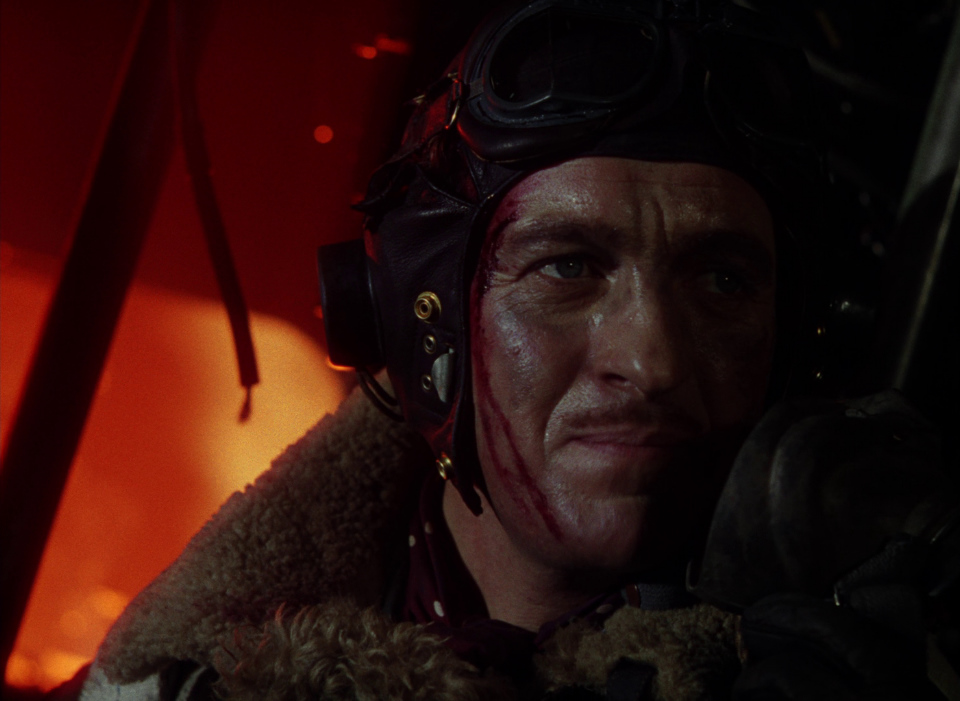Powell and Pressburger’s WWII-era films seem today like dispatches from a besieged England, offering modern viewers a taste of that uncertain time. But rather than dwell on panic or despair, the movies exude aspirational resolve and an English fighting spirit. The Life and Death of Colonel Blimp perhaps best exemplifies this. Released in 1943, well before Allied victory was a certainty, it offered a forceful thesis about how to win the war and how to grieve for what would be—already had been—lost in the process. But, in our own uncertain times, the Archers movie I recommend is their post-war sigh of relief, A Matter of Life and Death. That aspirational resolve is apparent from the opening scene, an oddly static but rousing plane crash during which the (supposedly) doomed pilot falls in love with the radio operator and espouses the virtues of “Plato, Aristotle, and Jesus.” Thus begins a plot too complicated to summarize here, but one that barrels through catharsis and whimsy toward its celebratory final minute. It’s that final exchange between the not-so-doomed-after-all pilot and his American lover that both addresses the movie’s central mystery with perfect ambiguity and offers, sub-textually, the affirmation that war-exhausted viewers needed. He wakes up from brain surgery, certain he’s bested divine providence in a heavenly trial, she possibly thinking his hallucinations fixed with medical science (the film noncommittal on an answer). He looks into her eyes and tells her, “We won.” She replies, “I know.” -Matt Denvir
A Matter of Life and Death (in 250 words or less)
